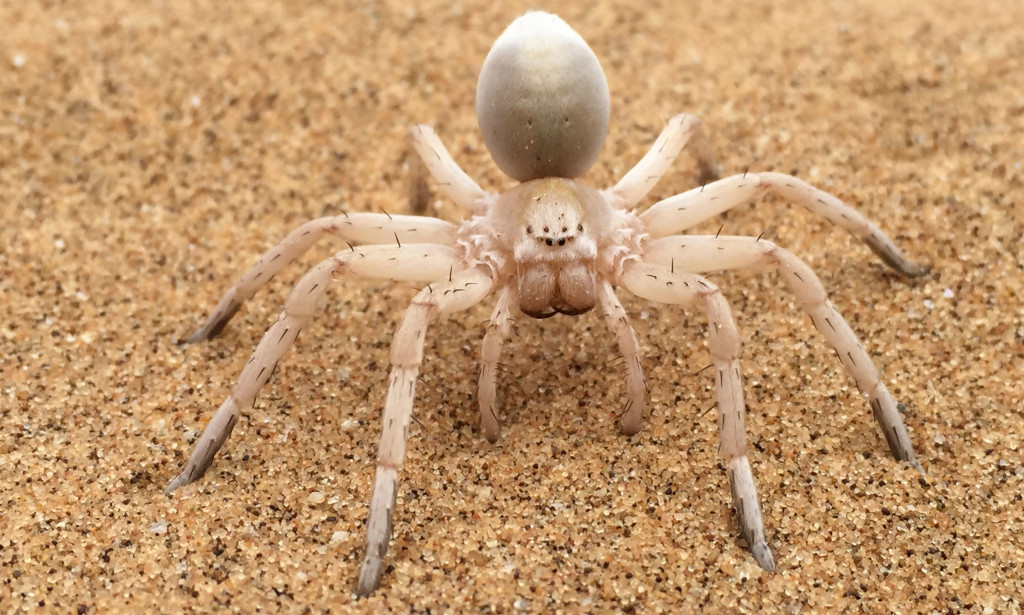RECOGNIZING CHANGES IN MARINE CONDITIONS ENVIRONMENT.
School of Adelaide researchers have observed that changes of marine conditions are going undetected on account of inefficient existing instruments.
Stream ways to deal with concluding biodiversity components are lacking in perceiving rebate species neighborhood in view of the effects of ocean maturation. As ecological change continues to impact huge sea life organic frameworks all around the planet, it is fundamental that these movements are noticed. Examiners from the School of Adelaide have shown that there may be patching up of ecological organizations in our oceans in circumstances where biodiversity estimations show no or little change.
The audit was circulated in Overall Change Science.
Doing inventive approaches to focusing on biodiversity
The gathering took apart unique investigation on how species in marine conditions arranged around undersea volcanic CO2 vents and in lab mesocosms answer natural change. As a component of this, 58 investigation focuses on that dissected organizations in different kinds of gentle reefs, coral reefs, and seagrass beds, and 23 assessments coordinated in external exploratory circumstances or labs, were overviewed by the researchers.
Educator Sean Connell, of the School of Adelaide and Environment Association and Southern Seas Climate Exploration offices, co-made the survey.
Connell focused on the meaning of changing the force ways to deal with reviewing biodiversity components, communicating: "Assessments done in the examination office are frail in distinguishing biodiversity change, so ordinary systems experiencing advanced ocean maturation are emerging as an imaginative way to deal with focusing on biodiversity responses.
"No natural survey, whether in the exploration office or field, can totally copy the complex ecological associations that exist in nature across the time and spatial sizes of congruity to ecological change."
Picture shows kelp natural framework change at a lowered CO2 vent. © Educator Ivan Nagelkerken, School of Adelaide
Educator Ivan Nagelkerken, similarly from the School of Adelaide's Ebb and flow situation Association and Southern Seas Climate Exploration offices, added: "Typically used biodiversity measures don't get revamp of marine organizations as a result of ocean maturation considering the way that new species supersede species that are lost.
"Close to zero biodiversity change is recognized when one neighborhood marine animal groups is a replaced by another, a lot under tremendous area incident."
How can ecological change impact sea life organic frameworks?
Sea life organic frameworks are clearly impacted by natural change achieved by human development. Natural change adjusts marine species, impacting their assortment, spread, dealing with models, improvement and duplicating, and relations between species.
"The conviction that natural change will alter overall marine biodiversity is one of the most by and large recognized," said Nagelkerken.
A significant parcel of the world's most basic conditions, for instance, coral reefs and kelp woodlands, are facing getting through hurt in view of expanding sea temperatures.
"Future projections of climate change and unfaltering quality will be more huge expecting they revolve around area of species replacements and changes to the abundance of species, rather than testing for signs of normal environmental elements adversity or biodiversity setback generally," said Educator Nagelkerken.


You must be logged in to post a comment.